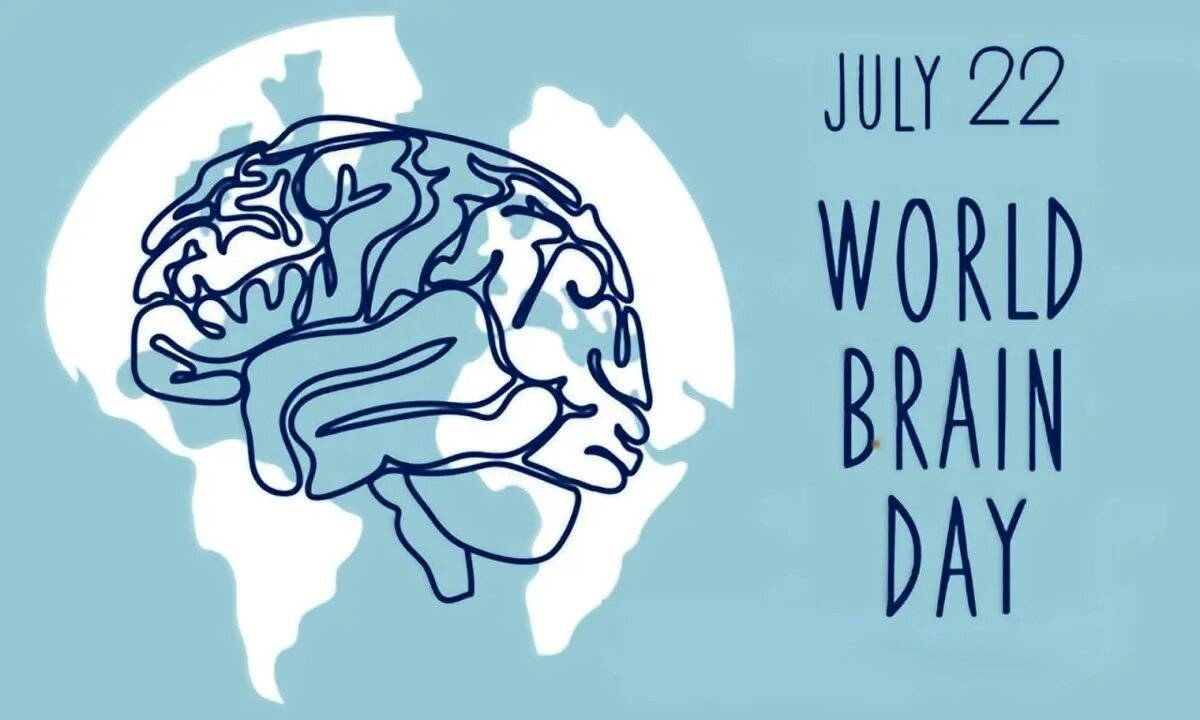World Brain Day: brain health for all ages

TEHRAN – World Brain Day is observed on July 22 every year to raise public awareness of brain diseases; this year, the theme of the Day is ‘brain health for all ages’.
It highlights brain health as a fundamental aspect of individual and societal wellbeing, and the importance of supporting brain health at any stage of life.
According to the World Health Organization (WHO), brain health is the ability to function well in cognitive, emotional, sensory, and physical areas, enabling individuals to live fulfilling, independent lives while managing health conditions.
Brain health requires the management of physical, environmental, and social aspects of your life that improve not only mental and physical health but also societal and economic prosperity.
Brain disorders such as epilepsy, Alzheimer’s, stroke, and headaches are highly prevalent, and factors such as stress, social crises, and delayed diagnosis contribute to the exacerbation of these diseases.
Around 50 million people suffer from epilepsy worldwide, and in Iran, about 1,400 million people are affected by this neurological condition.
Epilepsy is characterized by recurrent seizures, which are brief episodes of involuntary movement that may involve a part of the body or the entire body, and are sometimes accompanied by loss of consciousness and control of bowel or bladder function.
Disorientation and absence, a temporary lack of awareness, are other types of epilepsy.
Delayed and inappropriate treatment due to misdiagnosis can lead to behavioral disorders and negatively impact the patients’ intelligence, the health ministry’s website reported.
Epilepsy most commonly begins in childhood or in older adulthood, in patients older than 60.
Alzheimer’s disease is a brain disorder that slowly destroys memory and thinking skills, and eventually, the ability to carry out the simplest tasks. In most people with Alzheimer’s symptoms appear later in life. It negatively impacts the life of patients, making family caregivers and society face social, economic challenges.
People assume forgetfulness is the same as Alzheimer's. It can be a symptom of the disease, but it is also due to many other factors such as depression, anxiety, and stress.
Global statistics show that every three seconds, a new case of Alzheimer's is diagnosed. In Iran, new cases are diagnosed each week.
Routine visits and clinical examinations will help identify a maximum of 20 percent of people with Alzheimer's. However, targeted screening will help diagnose cases earlier. Currently, eight percent of the individuals aged over 60 in the country have Alzheimer’s disease.
Stroke, also known as a brain attack, usually happens when the blood supply to a part of the brain is disrupted. In this case, either the vessels are blocked or they bleed; in both cases, there is an interruption of blood to any part of the brain.
There is a key concept in stroke treatment known as time is brain, highlighting that any minute that goes untreated, more brain cells die.
Regular physical activity, a healthy diet, and avoiding tobacco and alcohol are among the most important ways to prevent strokes. In case one is taking blood pressure and diabetes medications, they should take them regularly to prevent a stroke.
The rate of stroke prevalence in Iran is 1.5 times higher than the world average. That is, if there are fewer than 100 strokes per 100,000 people in the world, according to the studies, this rate is 150 cases in Iran.
Stroke, the second leading cause of death in the country, is preventable through raising awareness, improving lifestyle, timely screening, and accessing proper medicines.
Headaches are sometimes symptoms of a problem, and sometimes the problems like migraine or tension-type headaches.
Migraine is a health condition that is more than just a bad headache. The symptoms of the disease are different from person to person, but often include headaches that keep coming back. They can also include nausea, vomiting, changes in mood, extreme tiredness, and sensitivity to light, noise, and smells.
Tension-type headache is another common type of headache that is triggered by anxiety; it can be treated by taking pain relievers.
